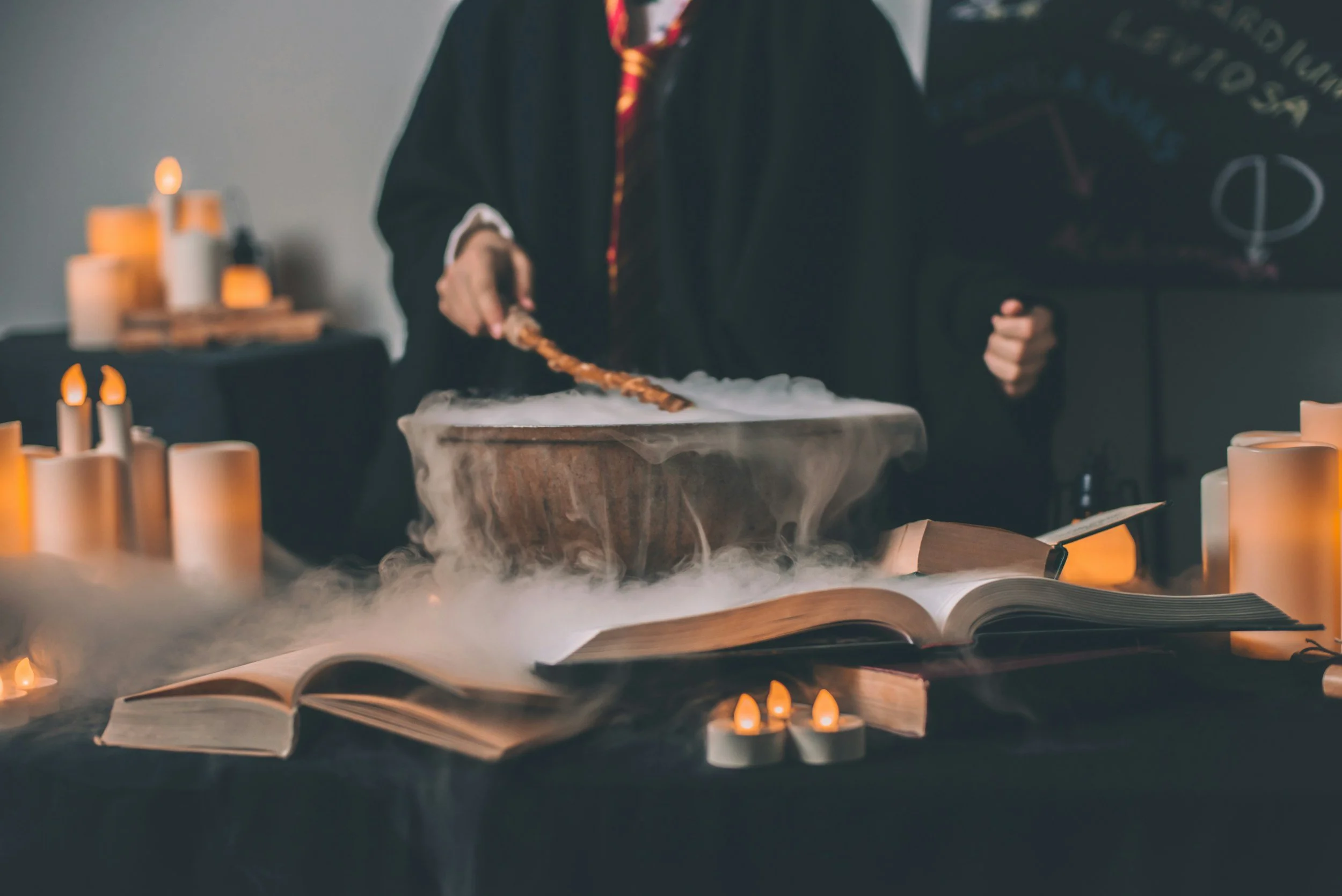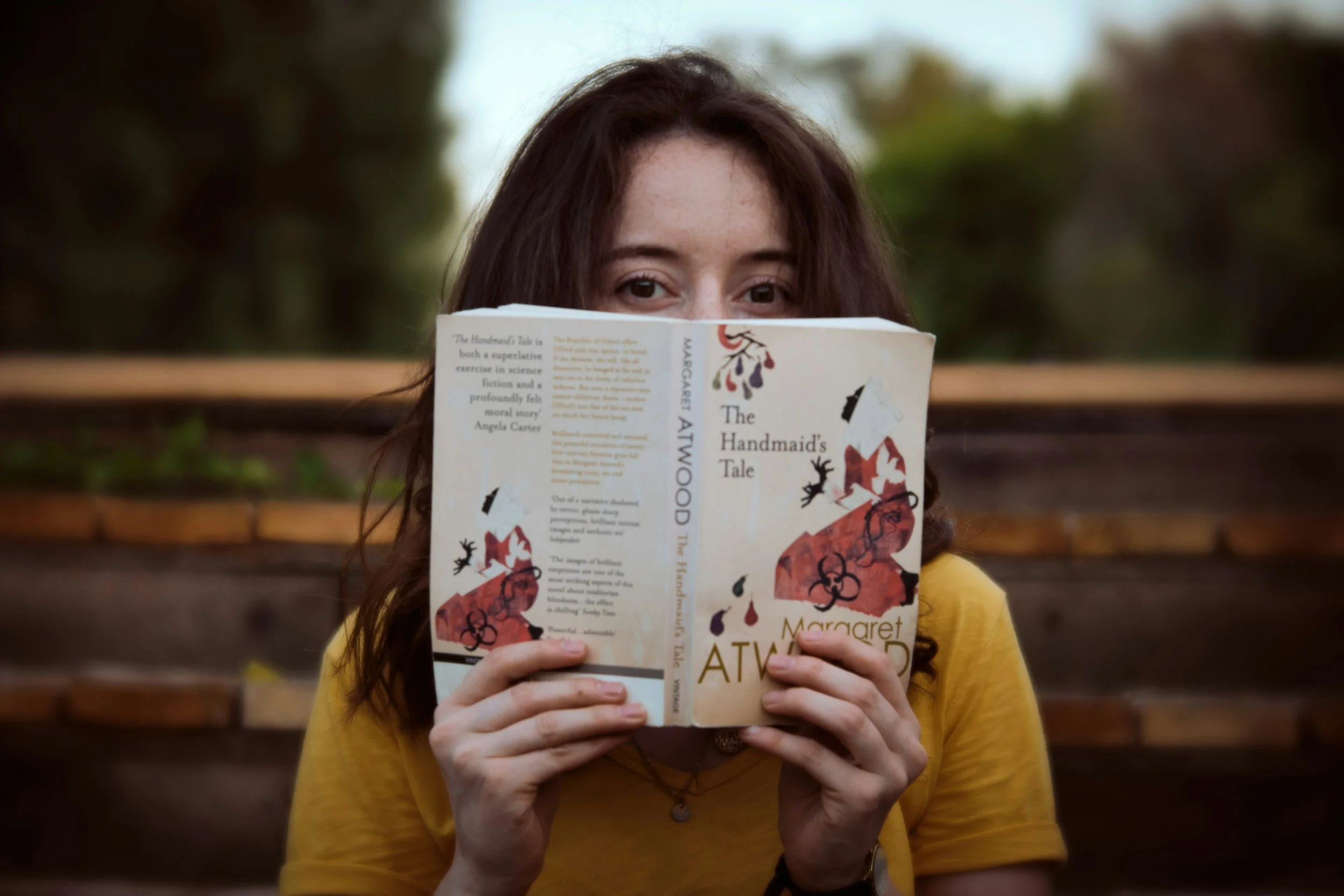Attempting to Define Literature
What is literature?
Like most good art, “you know it when you see it.”
Literature, if compared to a painting, would be considered a mastery of the written word. And like all works of art, it seeks to analyze some aspect of the human condition in a way that evokes emotion in the reader.
A few years back, I set out on a journey to create an historical timeline of literature in the United States and look at how that played with marginalized communities through slavery, segregation, and the Civil Rights Act of 1964 (among other defining times in our country). My goal was to learn how literature has changed and shaped our culture and society, and vice versa.
That idea got put on the back burner for…a really long time.
With the recent inauguration and the banned books list exploding on a seemingly bi-weekly basis, I’ve circled back around to some initial research I did on that topic so many years ago.
One of the things I noticed was that there is significant cross-over between the banned books list and lists of the best literary fiction. Why is this?
Well, to figure this out, let’s first take a look at what is literature.
In society, we often define these books as stories that dig beyond plot and character building to share specific themes and messages with the reader. These books are often more challenging to read or interpret, and they’re often studied in classrooms from grade school through graduate school.
However, what really “defines” literature is hard to pinpoint, as the idea of studying a piece of art to determine themes and messages can be subjective. I think often works that are considered “literature” tend to be very grounded in reality as we know it, which is why we don’t often study fantasy or sci-fi stories in English classes. But does this mean that something like Harry Potter is not literature? The themes running throughout that series center on class warfare and segregation, with suggestions towards genocide occurring in the later books (with Death Eaters trying to wipe out Muggleborns).
I’m not here to argue that we should be studying those books in schools (or giving any more money to unnamed author), but it’s something to consider as I move forward with the rest of this post.
I do believe that for a piece to be considered a work of art (in the book world we call this literature) there needs to be an emotional connection that leaves you thinking about it later on and asking questions about what exactly it is that piece made you think or feel. I think, also, for most mediums, it needs to be a stand alone piece.
Take, for example, the trilogy of The Hunger Games. Each book, on its own, discusses a corrupt government that controls its people and pits them against each other for sport and entertainment. You don’t need to get to the third novel in the series to understand the point the author is trying to make (unlike the previously mentioned Harry Potter series). For one, this makes the story themes easy to digest. You get the point in the first book and the rest are honestly just a bonus and a good read if you’re looking for a full finished picture. It also makes it easier to teach in schools since assigning students a single book for reading is easier than an entire series.
Also, the written art, literature, stands the test of time. It doesn’t become outdated, nor does it frequently reference pop culture. The characters deal with things that are not defined by time or place or culture—jealousy, love, fear, etc. It’s why a book such as Moby Dick still feels applicable to today, because we can understand the struggles of searching for our own white whale.
The authors of these books also write these stories for the purpose of criticizing and analyzing ourselves and our society. Why do we feel the way we do? What makes us feel these things? What happens when we do or do not feel these things?
This is why a lot of modern literature such as 1984 and The Handmaid’s Tale are dystopian, unlike the classics such as Little Women or Don Quixote. While the latter certainly take a look at the workings of human nature and how people work with each other from a class and social standpoint, the worlds are much more grounded and less cautionary than many modern literature novels.
Now, none of this is to say that stories that aren’t literature are bad. There’s a deeply necessary place for books and stories that are “just for fun.” We will always need escapism, and a book is a work of art whether it deals with challenging subjects or not. Sometimes a painting is just a painting, and it’s beautiful nonetheless.
It does make me wonder, then, when did stories go from folktales to literature, as both stem from the idea of creating a work of fiction in order to share a message with an audience? Today, folktales are seen as silly little stories and often adapted as such (think Frozen or Snow White). Does their origin define them as literature, or not? And even before the written language was developed, humanity presented stories that criticized the world around them through oral storytelling and live theater. Would then works by Ancient Greek playwrights also be considered literature?
All I know is this: as humans, it’s clear we’ve always been highly critical creatures, seeking to judge the world around us in order to understand why. Which seems to make defining literature simple, as that’s exactly what it does.



